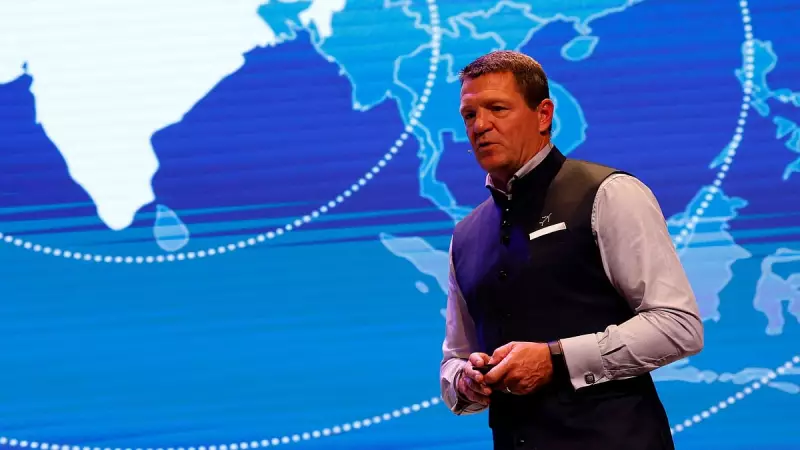
In a compelling revelation that challenges prevailing narratives, Indigo's Chief Executive Officer Pieter Elbers has categorically stated that the perception of India restricting bilateral flying rights is fundamentally incorrect. The aviation leader's comments come as India's airline sector experiences unprecedented international expansion.
Setting the Record Straight on Aviation Policy
During recent discussions about India's aviation landscape, Elbers emphasized that the country has been actively engaging in bilateral agreements and supporting airline growth. "The image that India is not giving bilateral flying rights is wrong," the Indigo CEO asserted, pointing to concrete developments in the sector.
Evidence of Growing International Connectivity
The data supports Elbers' position. India has significantly expanded its international flight operations, with Indian carriers launching numerous new routes to destinations across Asia, the Middle East, and Europe. This expansion demonstrates the government's willingness to facilitate international air travel agreements.
Indigo itself has been at the forefront of this international push, continuously adding new international destinations to its network. The airline's aggressive expansion strategy would be impossible without the corresponding bilateral agreements between India and destination countries.
Balancing Act: Protection and Growth
Elbers acknowledged that India, like many nations, must balance protecting its domestic aviation industry while fostering international connectivity. However, he stressed that the current approach is yielding positive results for Indian carriers and passengers alike.
The CEO's comments come at a time when Indian aviation is experiencing remarkable growth, with domestic passenger numbers reaching record highs and international travel showing strong post-pandemic recovery.
Future Outlook: Continued Expansion
Looking ahead, Elbers expressed optimism about India's aviation future, noting that the country's growing middle class and economic development create ideal conditions for sustained airline industry growth. The continued development of bilateral agreements will play a crucial role in supporting this expansion.
As India positions itself as a global aviation hub, the constructive relationship between airline operators and government authorities appears to be driving meaningful progress in international connectivity.





